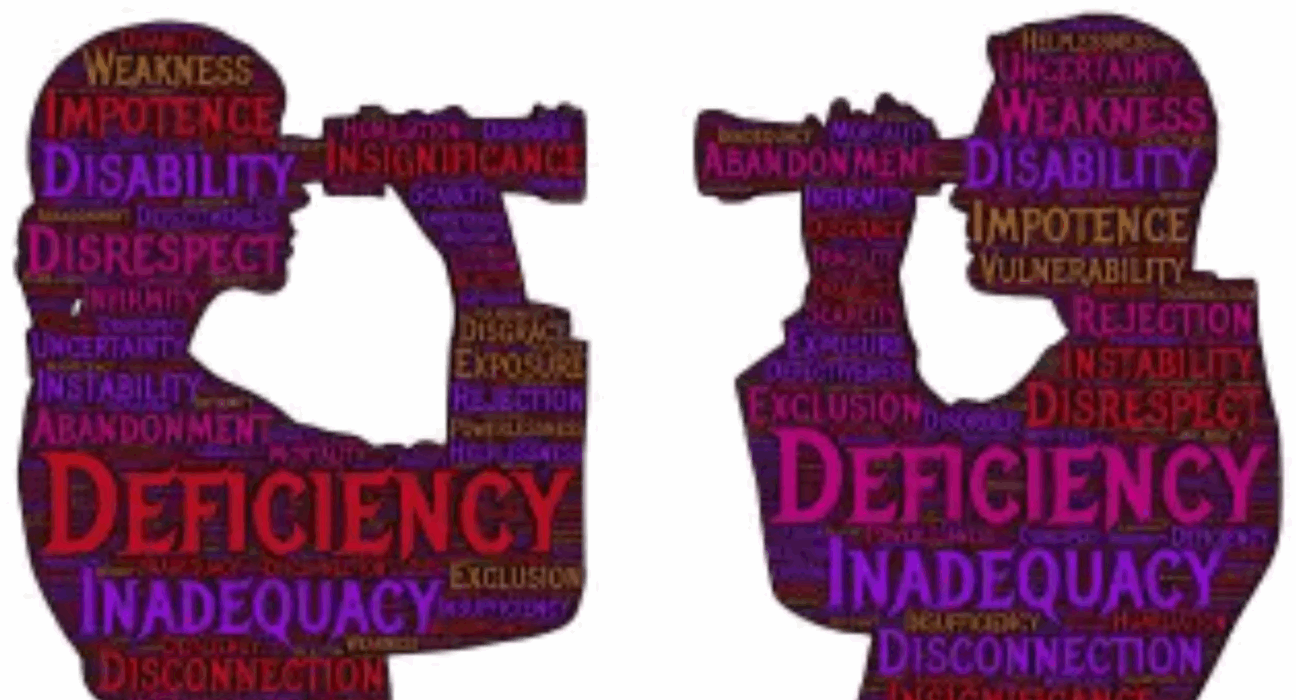Last Updated on November 11, 2025 by Rachel Hall
- Unveil the Silent, Unspoken Scripts in Your Relationship and Reclaim Real Connection
- What Are Silent Scripts in Relationships and Why You Need to Unveil Them
- How Silent Scripts Quietly Damage Relationships Over Time
- 9 Steps to Recognise and Rewrite the Silent Scripts in Your Relationship
- Final Thoughts: You Don’t Have to Stay Silent
Unveil the Silent, Unspoken Scripts in Your Relationship and Reclaim Real Connection
Every relationship operates on more than shared experiences or words—it thrives or suffers based on patterns of silent, often unspoken behaviours and beliefs that run beneath the surface. These are the silent scripts: automatic, internalised assumptions and reactions that one partner (or both) follows—often unknowingly.
When left unchecked, these scripts can quietly erode the connection, intimacy, and trust between partners. But there is good news: these scripts are not permanent. Once we recognise them, we can unveil their roots, understand their impact, and develop new ways to relate, communicate, and build a stronger emotional bond.
This article explores 9 powerful, practical strategies to help you rewrite the hidden rules in your relationship, strengthen your communication, and foster mutual respect and empathy that will make your love healthier, deeper, and more resilient.
What Are Silent Scripts in Relationships and Why You Need to Unveil Them
Every couple has its own emotional “rules”—unspoken agreements or habitual responses that guide how they handle emotions, conflict, and needs. These scripts are formed from a mix of past experiences, cultural norms, and emotional conditioning.
For example, perhaps you assume it’s wrong to express anger because, in your childhood, displays of anger led to rejection. Or maybe you’ve learnt to avoid discussing your feelings and needs because you fear being misunderstood or dismissed. Over time, these beliefs harden into patterns that govern how you relate to your partner, even if they no longer serve you.
According to Psychology Today, these silent patterns—left unchallenged—can become sources of deep resentment and emotional disconnection. What begins as a minor situation or moment can become a recurring issue, as both partners fall into the same emotional loops.
Research shows that identifying and changing these scripts is the first step to transforming the quality of your relationship.
How Silent Scripts Quietly Damage Relationships Over Time
The impact of unacknowledged emotional scripts may not be dramatic at first—they often manifest subtly. One person misses a cue. Another doesn’t say what they’re really thinking. Eventually, these small habits start to create distance. You stop touching as often, the dinner conversations become practical, not personal, and the emotional bond begins to erode.
This leads to:
- Misunderstandings escalating into conflict
- Emotional needs are being unmet
- A breakdown of communication
- Reduced affection and intimacy
When one partner feels unheard and the other feels unappreciated, a cycle of hurt and defensiveness begins. Gottman Institute research identifies these emotional disconnects as a major cause of relationship breakdowns.
But all is not lost. You can interrupt this cycle. Let’s explore the strategies that help you identify, challenge, and change these scripts.
9 Steps to Recognise and Rewrite the Silent Scripts in Your Relationship
1. Recognise the First Signs of Silent Scripts
Awareness is the first step. Start by reflecting on repeated patterns that cause friction or stress in your relationship. Ask yourself:
- Are you often hurt by something your partner says—or doesn’t say?
- Do you often expect them to “just know” what you need?
- Are there subjects you both avoid to “keep the peace”?
These are clear indicators of unspoken scripts at play. The goal is to move from autopilot reactions to conscious choices.
2. Identify the Origin of Your Expectations
Every emotional script has an origin—often rooted in childhood or past romantic relationships. If your parents avoided conversation during tough times, you may have internalised silence as safety. If you were punished for being vulnerable, you may struggle to express your deeper emotions.
By identifying where these patterns stem from, you create emotional clarity, allowing you to act from the present rather than reliving the past.
3. Explore the Emotional Impact of Staying Silent
When we suppress our truth, we protect ourselves from vulnerability—but we also rob our partner of knowing us fully. Over time, these silences can:
- Create emotional distance
- Spark resentment
- Reinforce assumptions and misunderstandings
- Prevent intimacy from deepening
Think about what it’s costing your relationship to stay quiet. Is it a connection? Commitment? Emotional safety?
4. Express Instead of Assume
We often assume that love means our partner should just “get us”. But no one is a mind-reader. The only way to be seen, heard, and supported is to express your feelings and needs clearly.
Instead of saying:
“You don’t care about me,”
say:
“I feel alone when we don’t talk about what’s bothering us. I’d like us to make space for those discussions.”
Using “I” statements and naming your preferences can create incredible shifts in your communication.
5. Shift from Blame to Curiosity
Blame keeps us stuck in conflict; curiosity invites connection. The next time tension arises, ask:
- “What is my partner feeling right now?”
- “What am I really needing beneath this frustration?”
This subtle shift builds a bridge between two emotional realities, encouraging dialogue instead of defensiveness.
6. Set Shared Agreements, Not Silent Expectations
One of the biggest relationship traps is the unspoken expectation. You expect your partner to do something—or not do something—but never talk about it.
Instead, take time to set explicit agreements about everything from emotional support to practical duties.
This proactive tool reduces confusion, prevents resentment, and builds mutual respect.
7. Practise Active Listening to Strengthen Emotional Connection
To truly connect, we must learn to listen—not to fix, not to reply, but to understand. When your partner speaks:
- Put your phone away
- Maintain eye contact
- Reflect their words
- Validate their feeling
This type of communication deepens intimacy and creates a safe emotional space for both partners.
8. Break the Cycle by Replacing Habitual Responses
Most silent scripts are habitual. You feel triggered, you withdraw. Your partner feels rejected, and tension builds.
To break the cycle:
- Slow down your response
- Label your feeling
- Choose a different action (e.g., saying “I need a moment” instead of shutting down)
Over time, these small shifts become new patterns—healthier, supportive, and emotionally fulfilling.
9. Rebuild the Bond with Emotional Intimacy Rituals
Lastly, replace silence with rituals that nurture your relationship daily:
- Share one emotional check-in per day
- Schedule a weekly “truth dinner”
- Create a bedtime ritual of affection
- Write each other short notes expressing appreciation
These moments of intentional connection act as powerful antidotes to emotional neglect and deepen your commitment.
Final Thoughts: You Don’t Have to Stay Silent
Every relationship has emotional scripts—but they don’t have to stay silent. When you begin to see, name, and verbalise them, you shift from emotional autopilot to conscious connection.
You’re not alone. Many clients of therapists and coaches have walked this path. The journey requires awareness, courage, and the willingness to have uncomfortable conversations. But the reward is profound: a deeper, more loving bond grounded in honesty and vulnerability.
So ask yourself:
- What script am I living by that no longer serves me?
- What am I ready to say out loud, even if it’s uncomfortable?
By choosing communication over assumption, presence over avoidance, and expression over silence, you open the door to a more connected, meaningful life with your partner.

Rachel Hall, M.A., completed her education in English at the University of Pennsylvania and received her master’s degree in family therapy from Northern Washington University. She has been actively involved in the treatment of anxiety disorders, depression, OCD, and coping with life changes and traumatic events for both families and individual clients for over a decade. Her areas of expertise include narrative therapy, cognitive behavioral therapy, and therapy for traumatic cases. In addition, Rachel conducts workshops focusing on the psychology of positive thinking and coping skills for both parents and teens. She has also authored numerous articles on the topics of mental health, stress, family dynamics and parenting.








Leave feedback about this